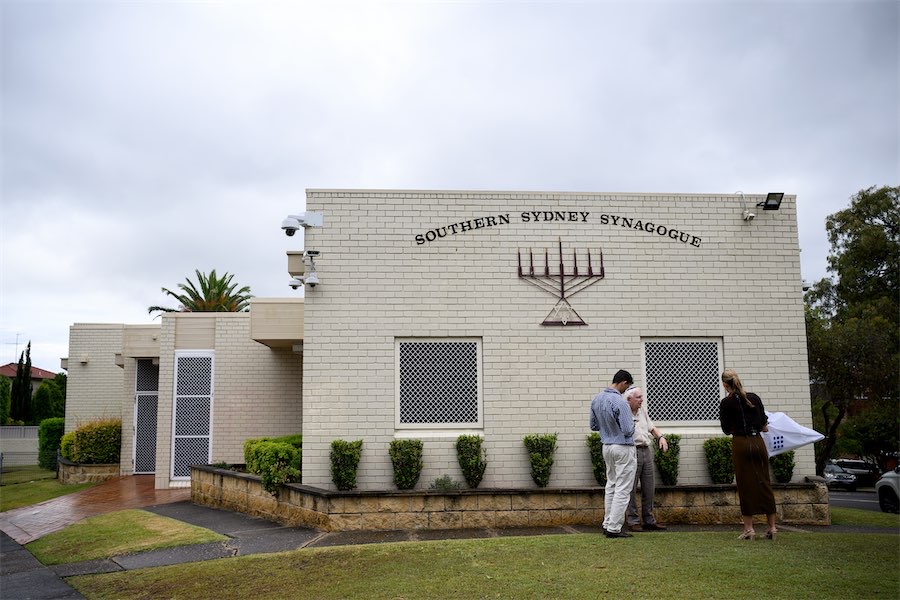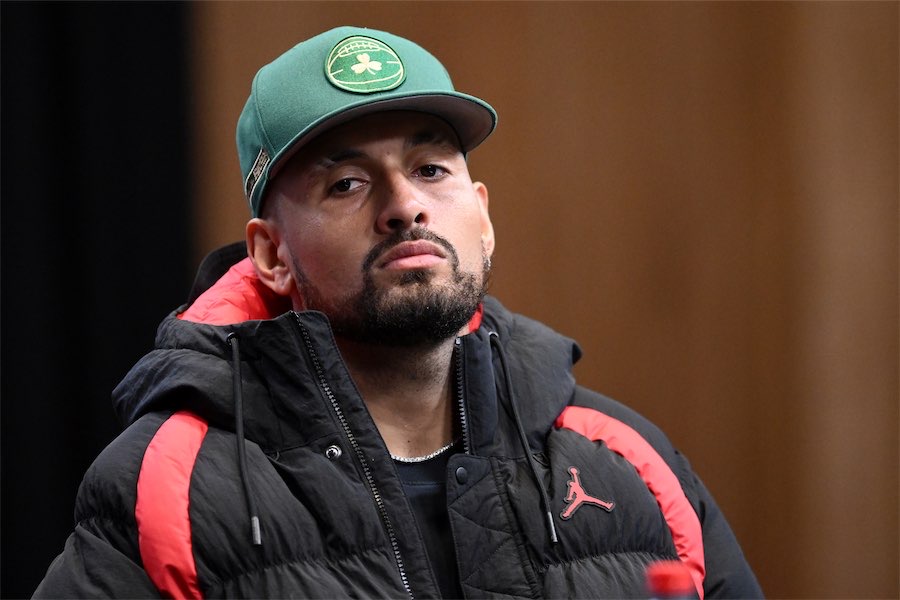
FORTY eight per cent of Canberra women have experienced some form of sexual harassment in the last year, according to a recently published survey.
The YWCA Canberra’s 2021 “Our lives: women in the ACT” survey, involving 1200 women, revealed that nearly half of women aged 20-24 reported some form of sexual harassment in the last 12 months.
For participants aged 16 to 19, the proportion who were exposed to a degree of sexual harassment was 42 per cent.
YWCA CEO Frances Crimmins said the survey findings showed Canberra women were experiencing unacceptably high levels of sexual harassment.
“With the national spotlight on sexual harassment in workplaces, our findings just further reinforce the need for urgent action to address this form of gender-based violence,” Ms Crimmins said.
In reflecting on her own experiences encountering inappropriate behaviour in the workplace several decades ago, Ms Crimmins lamented on the lack of significant progress made in this area.
“In my first job in hospitality, it [sexual harassment] was the norm; it was kind of like you just accepted it when you were a young woman working in that sector,” Ms Crimmins said.
“In one job, I actually chose to leave because of significant sexual harassment from bosses.”
The Brittany Higgins and Grace Tame experiences of sexual harassment had helped shine a spotlight on the issue, however there was a lot more to be done.
“We are getting the message out there,” Ms Crimmins said.
“But the change is too slow. We need men to say enough is enough, as well as women.”
Ms Crimmins said the opportunity should not be lost to better educate young women about sexual harassment and how to eliminate it.
“We need to have a rethink about the way we teach respectful relationships in schools,” Ms Crimmins said.
“We should be teaching young people about consent, what it is and how young people can use their voice in consent negotiations. We also need to recognise that children will learn from adults, so we need to support the parents, teachers and sporting coaches that are influencing young people.”
The survey, which took place from June to October, asked Canberra women about their experience of housing, financial security, employment, safety and mental health.
Ms Crimmins said the survey findings confirmed that while cost-of-living pressures upon women were considerable before the pandemic, they were noticeably worse following lockdown.
“In 2019, the ‘Our Lives’ survey showed us that women were already struggling to manage living costs and unpaid labour as carers and parents,” Ms Crimmins said.
“Fast forward to the COVID-19 pandemic, and the situation for many is now dire.”
She said many Canberra women reported being “on the brink of housing stress”, with 26 per cent of renters saying they didn’t have sufficient personal savings to manage one payment cycle if they should suddenly lose their income.
“Given we started gathering responses prior to the August lockdown, we can only imagine the stress many faced during the uncertainty and employment losses that were seen during that time,” Ms Crimmins said.
The survey also revealed that gender inequality was still an issue in the ACT.
“For example, 61 per cent of women who are single parents and who are renting don’t have enough personal savings to manage a single payment cycle with a loss of income,” Ms Crimmins said.
“Similarly, women who are over the age of 45, who have a disability, First Nations women and sexually or gender diverse respondents showed further intersections of inequality.”
Ms Crimmins hoped the survey results would not be ignored, but used in future policy development.
“What we really want to see is this data being used by politicians and policy makers to make policy decisions that will close some of the gender gaps,” she said.
“The ‘Our Lives’ survey shows us how crucial it is to have gender-responsive policy development and an adequate safety net that supports people to achieve a level of dignity as they get back on their feet and to ensure these intersecting factors are considered and applied to measures aimed at addressing inequality.”
Who can be trusted?
In a world of spin and confusion, there’s never been a more important time to support independent journalism in Canberra.
If you trust our work online and want to enforce the power of independent voices, I invite you to make a small contribution.
Every dollar of support is invested back into our journalism to help keep citynews.com.au strong and free.
Thank you,
Ian Meikle, editor





Leave a Reply